Magnesium can reduce or completely prevent the absorption of iron and zinc, so it is not recommended to drink them at the same time.
If you take supplements, you probably have a habit of taking them all at once.
But in some cases this is not advisable due to the reaction that occurs between certain supplements.
Although you are unlikely to experience any serious side effects, you can reduce the absorption and thus the effectiveness of the supplements if you mix them incorrectly.
What vitamins and supplements should you not take at the same time?
Magnesium and calcium/multivitamins
Magnesium helps reduce stress and promotes muscle relaxation.
However, it is not recommended to drink it at the same time as multivitamins.
According to Dr. Erin Stokes , magnesium can prevent the absorption of minerals from multivitamins, such as iron and zinc.
The same will happen if you drink it with calcium.
It is recommended that you wait at least two hours after taking your magnesium before taking your calcium or multivitamin.
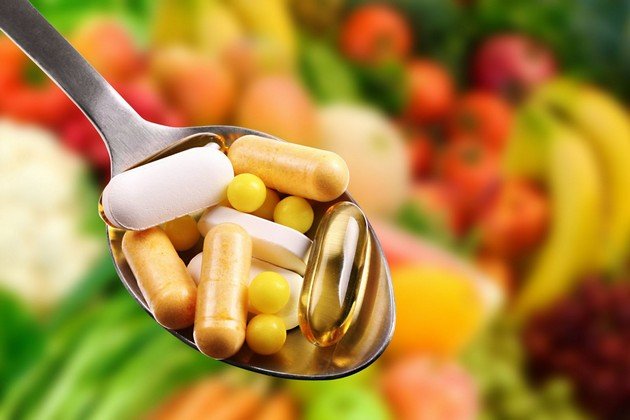
Vitamins D, E and K
According to Dr. Chris Airy, you can reduce the absorption of vitamin K if you take it at the same time as vitamins E and D.
If you drink them together, you will not experience side effects, but you will only reduce the effectiveness of the vitamins.
And in this case it is recommended to drink them at an interval of at least two hours.
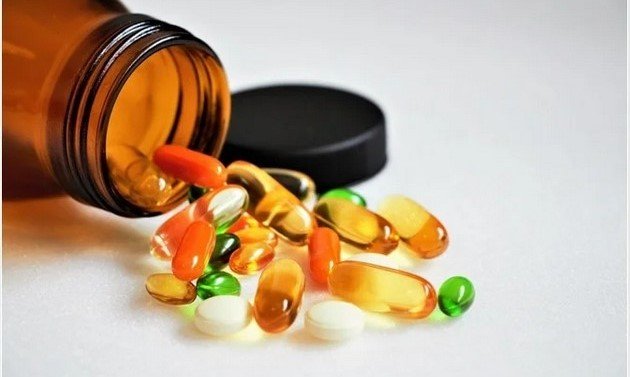
Fish oil and ginkgo biloba
Fish oil and supplements that contain it have omega 3 fatty acids that work against inflammation.
But if you take them with supplements like ginkgo biloba, you can reduce blood clotting . This means that if you injure yourself, you may bleed more.
Again, drink these supplements at an interval of at least two hours.
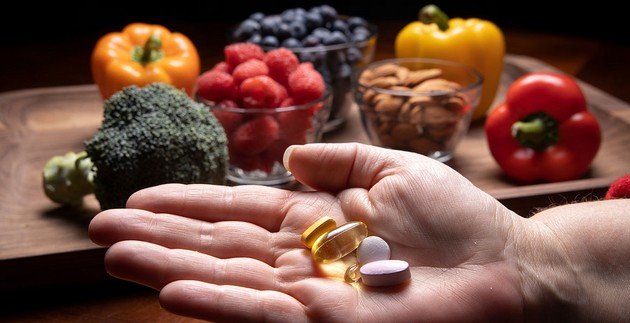
Zinc and copper
If you take supplements for copper deficiency, do not take them at the same time as zinc.
Dr. Chris Airy says that while zinc boosts immunity, it can reduce copper absorption.
Well, if you already have a copper (or iron) deficiency, taking the supplements at the same time can make the problem worse.

Iron and green tea
If you drink green tea after taking an iron supplement, the main ingredient in the tea will bind to the iron.
This means that the tea will lose its antioxidant properties.
It is also recommended not to drink green tea even after an iron-rich meal for the same reason.
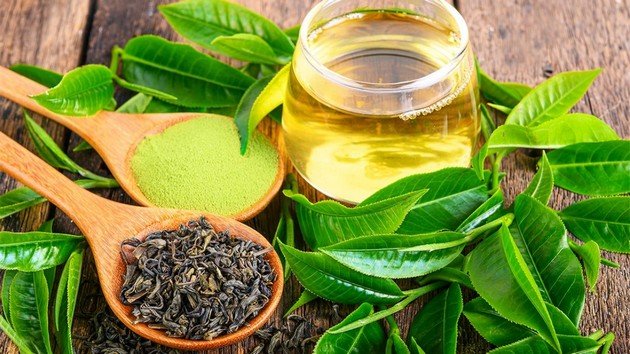
Vitamins C and B12
Dr. Erie says that some research has shown that vitamin C can break down vitamin B12 and thereby reduce its absorption.

St. John’s wort and antidepressants
Antidepressants are far from supplements, but if you are receiving therapy, it is important to know that they should not be mixed with St. John’s wort.
St. John’s wort itself acts as an antidepressant, so in combination with drugs, confusion and even anxiety can occur.
Both antidepressants and St. John’s wort stimulate the secretion of serotonin, and although it is known as the hormone of happiness, it is not good to have too much serotonin in the body.
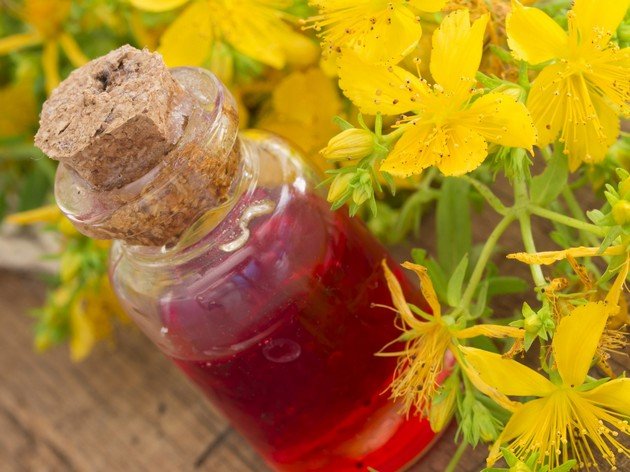
Before starting supplements, it is always a good idea to consult a doctor. At the same time, always read the instructions that come with the supplements themselves as this usually tells you if you should be careful if you are taking something else.